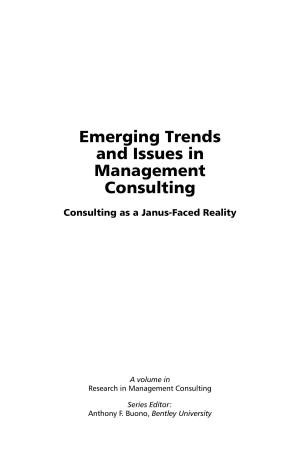Apocalyptic Leadership in Education
Facing an Unsustainable World from Where We Stand
Nonfiction, Reference & Language, Education & Teaching, Educational Theory, Leadership, Teaching, Teaching Methods| Author: | ISBN: | 9781681238364 | |
| Publisher: | Information Age Publishing | Publication: | March 1, 2017 |
| Imprint: | Information Age Publishing | Language: | English |
| Author: | |
| ISBN: | 9781681238364 |
| Publisher: | Information Age Publishing |
| Publication: | March 1, 2017 |
| Imprint: | Information Age Publishing |
| Language: | English |
Mainstream educational leadership has lost much of its footing as a progressive practice. More managers than wisdom?keepers, educational leaders no longer have authority to critique the toxicities of the present and imagine alternative futures. In public schools and higher education, the neoliberal emphasis on measurable outcomes shrinks the radius of concern for what educational leaders are leading toward. There’s a planet missing in mainstream discourses of sustainability in educational leadership, and this book aims to resituate the work of teaching/leading in the place where we stand. In a period of overlapping social/environmental crises, this book takes inspiration from Robert Jensen’s call for teachers and intellectual leaders to “go apocalyptic”, i.e., to face head?on the calamities that threaten our shared future on Earth. When leadership is situated within an apocalyptic context, we are called to reflect on educational injustice and unsustainability, while envisioning more hopeful futures. The work of apocalyptic leadership, though, isn’t all about future vision; it’s also about attending to what hurts and what heals in the present moment. Intended for aspiring and practicing educational leaders in both K?12 and higher education settings, as well as scholars in the fields of social justice and sustainability, this book begins mapping and traversing the affective, spiritual, pragmatic, and organizational geography of apocalyptic leadership. Such leadership holds dear the radical belief in our shared capacity to work gracefully with the painful awareness that tremendous challenges are inevitable, and yet, we have every opportunity for inching toward a more habitable future.
Mainstream educational leadership has lost much of its footing as a progressive practice. More managers than wisdom?keepers, educational leaders no longer have authority to critique the toxicities of the present and imagine alternative futures. In public schools and higher education, the neoliberal emphasis on measurable outcomes shrinks the radius of concern for what educational leaders are leading toward. There’s a planet missing in mainstream discourses of sustainability in educational leadership, and this book aims to resituate the work of teaching/leading in the place where we stand. In a period of overlapping social/environmental crises, this book takes inspiration from Robert Jensen’s call for teachers and intellectual leaders to “go apocalyptic”, i.e., to face head?on the calamities that threaten our shared future on Earth. When leadership is situated within an apocalyptic context, we are called to reflect on educational injustice and unsustainability, while envisioning more hopeful futures. The work of apocalyptic leadership, though, isn’t all about future vision; it’s also about attending to what hurts and what heals in the present moment. Intended for aspiring and practicing educational leaders in both K?12 and higher education settings, as well as scholars in the fields of social justice and sustainability, this book begins mapping and traversing the affective, spiritual, pragmatic, and organizational geography of apocalyptic leadership. Such leadership holds dear the radical belief in our shared capacity to work gracefully with the painful awareness that tremendous challenges are inevitable, and yet, we have every opportunity for inching toward a more habitable future.















